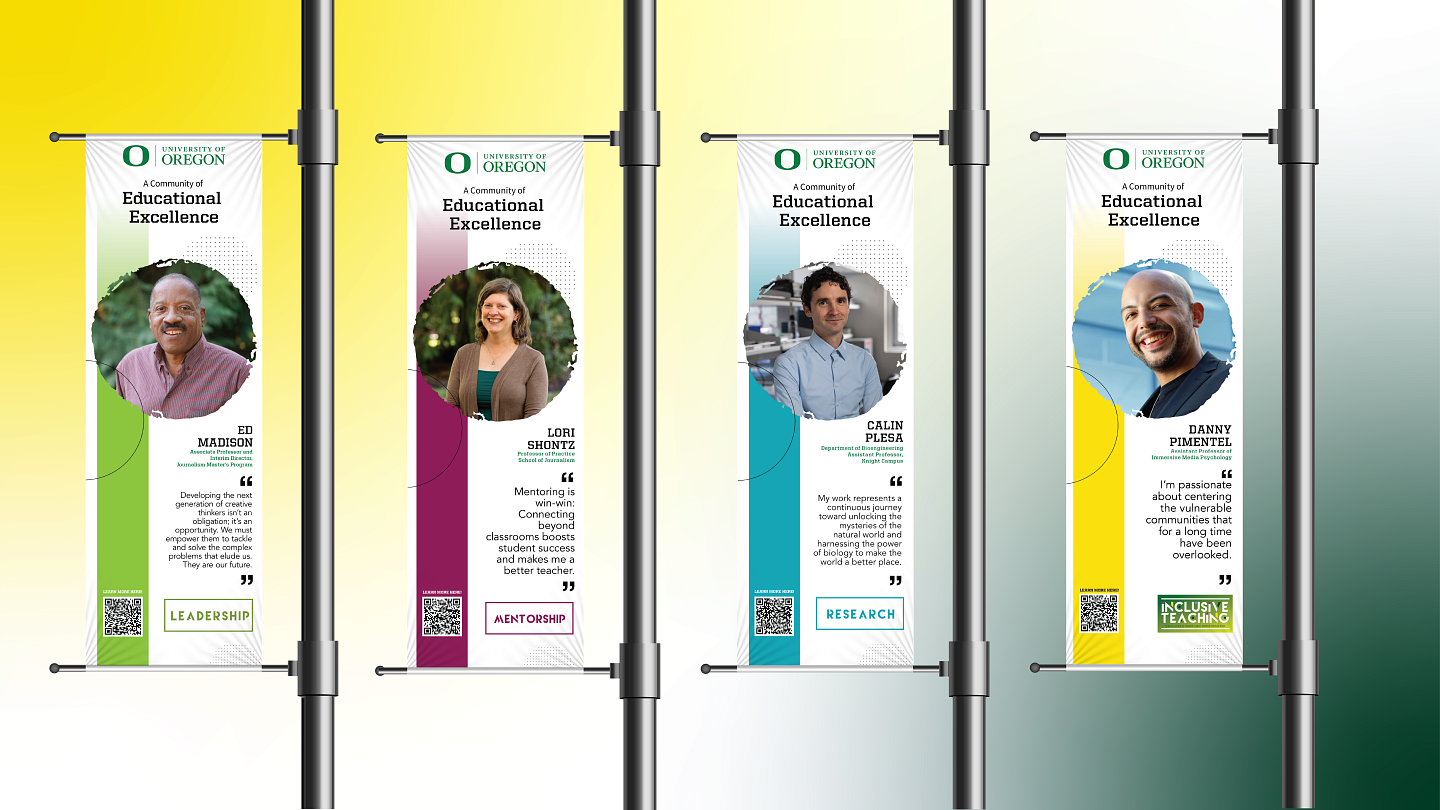
A Community of Educational Excellence
The University of Oregon is made up of a community of excellent educators who prepare students for success. The Office of the Provost acknowledges some of these community members who bring their unique backgrounds into the classroom and excel in research, leadership, and inclusive teaching.
RESEARCH • LEADERSHIP • MENTORSHIP • TEACHING
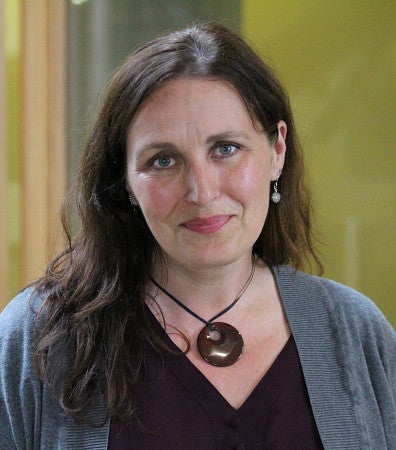
Leslie McLees
Undergraduate Director and Senior Instructor of Geography
"As a geographer, I am fascinated by how people find meaning and translate that into purpose, no matter what their background or where they come from. I work with students in many ways, as an instructor, as an academic and career advisor, but mostly as a human. Our students represent a wide range of experiences and backgrounds, and finding places for all of them can take creativity, but is the most rewarding part of my job. Meeting students where they are at is not only validating for them, but it makes conversations more meaningful and helpful, leading not only to measurably better outcomes, but also a sense of purpose, belonging, and validation that comes with the confidence of knowing that someone out there believes in who you are."
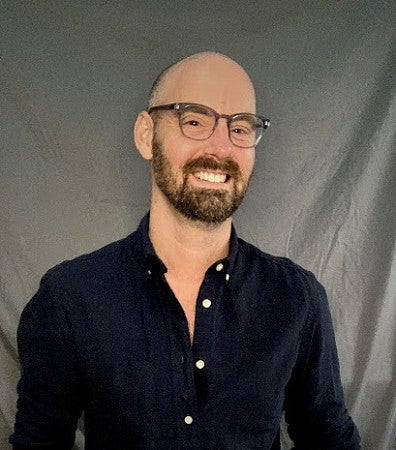
Michael Allan
Associate Professor of Comparative Literature
"Among the most rewarding aspects of my job is the opportunity to listen, read, and learn from brilliant students here at the University of Oregon. I feel grateful to see research projects develop from conversations we have in classes into seminar papers, honors theses, and doctoral dissertations. Thanks to the creative and critical engagement of scholars across the humanities here on campus, I find myself inspired to think and imagine my work in new ways."
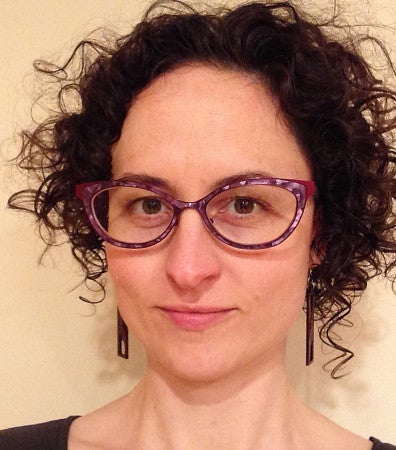
Caitlin Fausey
Assistant Professor of Psychology
"In my University of Oregon Learning Lab, we aim to discover how infants’ everyday experiences matter for building knowledge. We make insights about “the universe according to babies” by using infant-friendly wearable head-cameras and audio recorders to capture what infants see and hear at home. My lab hums with undergraduate scholars majoring in psychology, linguistics, biology, computer science, physics, and more in order to harness insights across expertises. Undergraduate scholars from all class ranks work with each other, and with senior scholars, in order to make new scientific discoveries. Our professional motto is Go Team because scholarship and education are pursuits worthy of our best collective action."
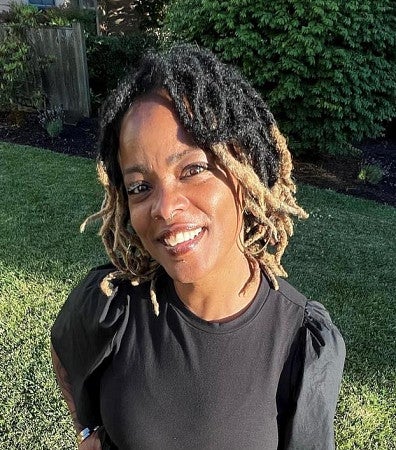
Charise Cheney
Associate Professor of Indigenous, Race and Ethnic Studies and Director, Black Studies Program
"My primary interest is in exploring ways to support Black faculty across campus. The Mentorship Fellowship will give me time and the opportunity to focus on what is and is not working with the University's retention efforts, especially when it comes to junior Black faculty. I am the Director of the Black Studies program and I believe its success is dependent upon the recruitment and retention of Black faculty, who also serve as mentors to Black students. I also envision further developing the Black Faculty Collective as a critical space for facilitating strong relationships between junior and senior faculty."
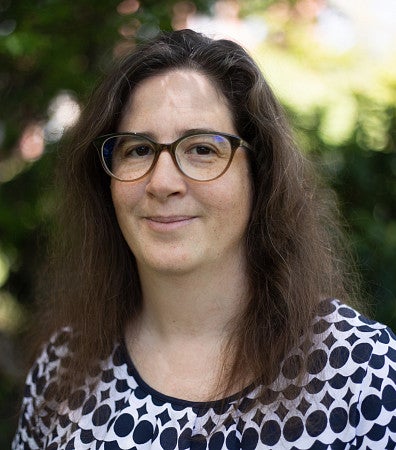
Daphne Gallagher
Associate Dean for Undergraduate Studies, Clark Honors College
"At the Honors College, we focus on helping students develop critical thinking and communication skills as a way to spur their passions in any given field. I have found my job to be particularly satisfying because it enables me to get to know students as individuals, learning about their lives as they develop career goals. It's so meaningful because mentoring is such a two-way street. I try to offer insight and understanding, while also learning from students about the ways they navigate our complex society. The result is an exciting academic relationship that allows me to watch as they soar into the world prepared to take on anything."
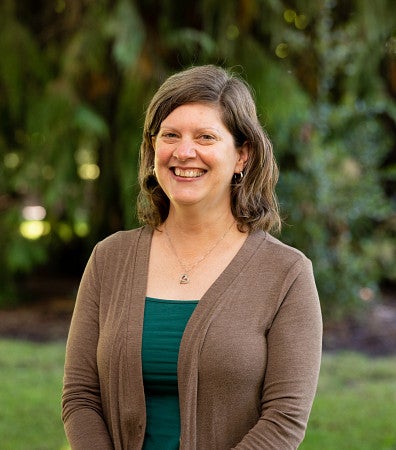
Lori Shontz
Professor of Practice, School of Journalism and Communication
"Learning is more than an intellectual endeavor – it is also a social one. Part of what I do in the classroom is build and sustain community, and much of what I do outside the classroom is deepen those connections. I want students to learn to take intellectual risks – to become comfortable with being uncomfortable. That’s how you grow. I’m a journalist at heart, so I ask a lot of questions. When I work with students in the writing center, in my office, at a track meet or other news event, I listen actively. I model a way for them to walk through the world as journalists and citizens, and I learn from them how I can better set them up for success. Mentoring students is one of my great joys."
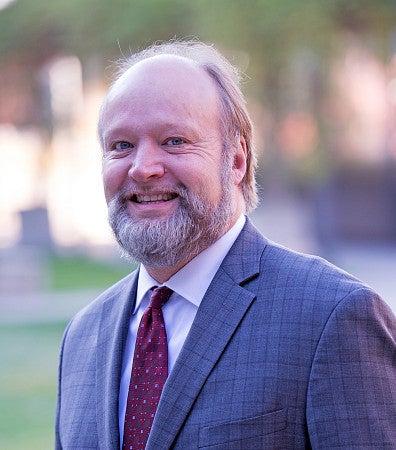
Jerry Rosiek
Professor of Education Studies
"Our ways of knowing about the world produce our ways of being in the world. Learning about things is never just discovery of things 'out there.' Learning affects us, enables some feelings, actions, and forms of community and forecloses others. In coming to know things, we are changed, the communities we are part of are changed, and our collective futures change. Nowhere is this clearer than in my area of study, the study of racism, which is always personal, and always involves a reach for a better future. But it is equally true in the sciences, the arts, and every field of study. This is why I believe teaching is such a great responsibility. I work with students not just to discover worlds, but to create worlds."
